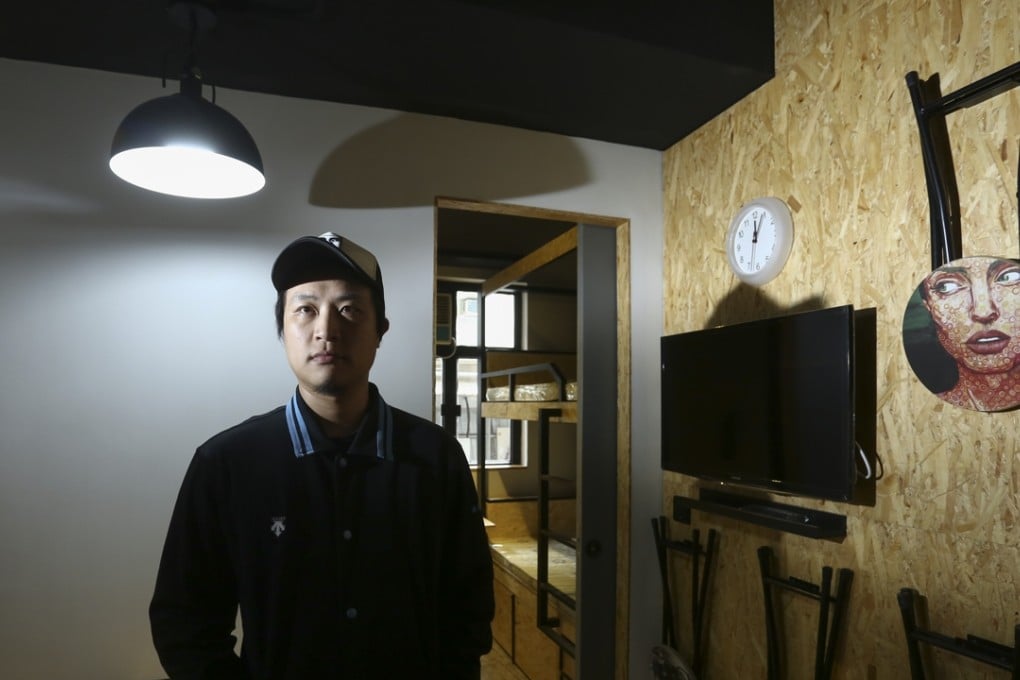Hong Kong’s shortage of student living space spurs innovation by private landlords and online
With only 60pc of students able to live on university campuses, property owners have spotted a market for hostel accommodation, while student trio have rented flats to convert and launched website to list them

If universities are a microcosm of society, then the shortage of student accommodation reflects the wider housing woes of Hong Kong.
In 2013, for instance, 56,000 students applied for the 33,500 hostel places available at the city’s eight publicly funded universities. This meant four out of every 10 applicants failed to get into a hostel – and an untapped market. Sensing the business opportunity, canny property owners and even a few enterprising students have been converting an array of apartments into tiny units for rent.
According to Evelyn Lam Lo, a third-year student at Polytechnic University, 100 sq ft subdivided flats in the Hung Hom area near the university now rent out for about HK$5,000 per month.
“This is very expensive for a student,” Lam says. In contrast, university hostels charge just about HK$5,000 for an entire semester.
SEE ALSO - Hong Kong’s designer dorms: private sector offers students budget luxe from HK$4,000 per month
Lam managed to get a PolyU hostel place only for her first year and had to move back to her family home in Tsuen Wan after that. But the arrangement proved to be too inconvenient, which is why she was searching for an affordable place near the university.
The hostel shortage has substantially driven up the rental market around Pok Fu Lam, the main catchment area for the University of Hong Kong, says Anthony Wong Ka-lam, sales manager at The Belcher’s branch of Hong Kong Property Services.